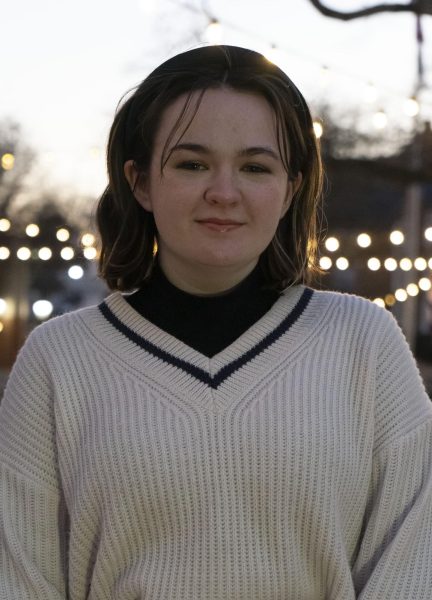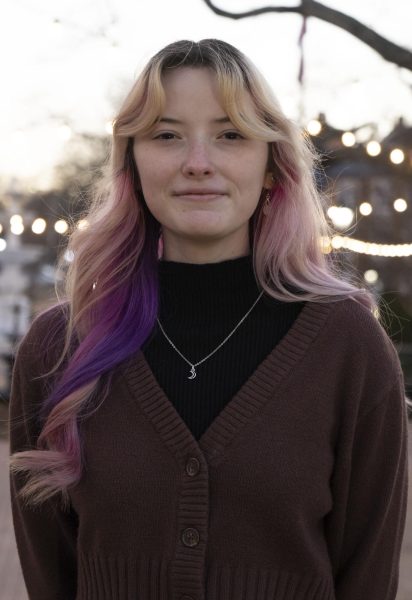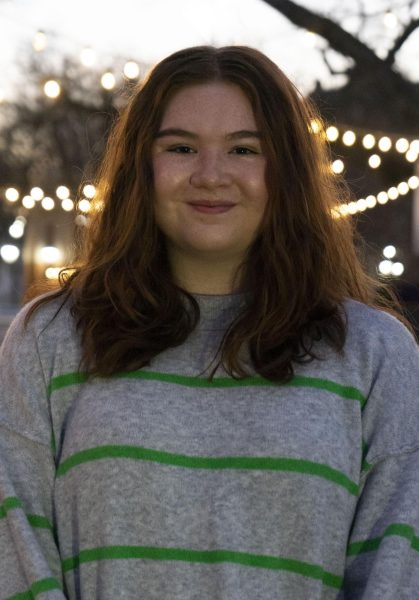University losing tradition, not just program
October 10, 2013
For the past three and half years, I’ve been a part of this university. I’ve gone to class, made friends, changed my major and spent countless hours in The Flor-Ala’s office.
I’ll never forget the first time I walked around campus and saw people — other students — walking around in military uniforms. These students are part of a 65-year program at UNA: Reserve Officers’ Training Corps, better known as ROTC.
I’ll be honest and say I didn’t understand why anyone would want to pursue that path in college. Regardless, I’ve always admired them for their dedication and service. But even though I’ve had numerous classes with these students, I haven’t made an effort to get to know any of them.
Last Saturday, I found myself traipsing around in the woods at Camp Westmoreland, with the chief photographer and a volunteer writer close behind. We were following Cadet Frank Kirsopp, a senior, while he walked us through a portion of the ROTC program’s Fall FTX, a three-day field training event that prepares the cadets for a summer leadership and development course.
I was not dressed for the occasion, to say the least. My skirt and expensive, strappy sandals were out of place amongst the uniforms, boots and wooded terrain. I was hot, sticky and the tree branches weren’t kind to my hair or skin.
But I’ve never found myself in a more humbling or eye-opening situation. I spent three hours watching roughly 20 students run through drills and scenarios that prepare them for their future endeavors. During the last objective, my photographer, reporter and I were inserted into the scenario, acting as embedded reporters in a foreign country during a hostage situation. It was a learning experience for everyone involved, including myself.
University officials confirmed last week that the ROTC program at UNA will be shut down by May 2015. It’s one of 13 programs across the country facing the same fate. I was shocked, but on many levels I was also indifferent to the situation. I didn’t know any of the 70 students in the program personally. I wasn’t really sure what the program even does.
I now have a much deeper appreciation for this program and what it does for the students involved. These are real students, just like anyone else on campus. They go to class and study for tests. They have other extracurricular activities to do on campus. But they also spend four years honing their leadership skills and developing them through ROTC. They spend countless hours training and working to achieve their goals.
More than training and development, though, what I saw is that this group of students is a family. I sat amongst them while they ate lunch and watched how they interact with one another. They joke and tease, but their relationships run much deeper than friendship.
Now, for many of them, the next two years will bring significant changes to that family dynamic. Some of them may transfer to a university with another ROTC program and others will chart different courses of action. Regardless, the program shutdown is affecting them all.
Think about that next time you pass one of them on campus. I wholeheartedly believe the university is losing an important part of our history, a program that develops leaders and gives students a family away from home.
I urge you to take the time to stop and think about the future of the program and the students involved. Voice your thoughts and make them known to our state’s representation. This is not a decision made by the university, but lobby on the university’s behalf. And, if nothing else, next time you see an ROTC student, stop them and thank them for what they’re doing.







